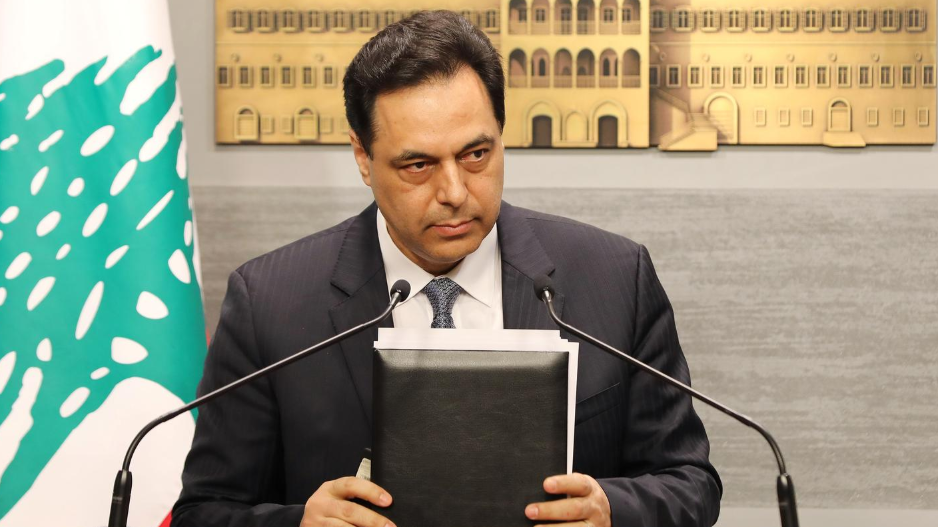
npr.org — DEBORAH AMOS — In Lebanon, cyberspace is the new battle ground between protesters and the security services that have increased measures to curb dissent, intimidating and arresting government critics for online speech. Since October, Lebanese citizens have gathered to protest around the country, uniting across party and sectarian lines against an entrenched political oligarchy that protesters say has made fortunes mostly from government funds at the expense of the country. The massive outpouring was sparked by a proposed tax on calls made through Internet services such as WhatsApp. The government abandoned the tax after protesters paralyzed the country, forcing banks and schools to close. Now, the authorities use WhatsApp to identify protest leaders and arrest them, activists and lawyers say. In the first months of civil disobedience, Lebanon’s mainstream media outlets — largely owned by the state, political parties or politicians — downplayed the unrest, ignored it or suggested the protests were exploited by regional and international enemies. Activists turned to social media platforms to get out their message. They organized and shared updates on WhatsApp, streamed protests live on Twitter and highlighted police abuse on Instagram. New podcasts documenting corruption also launched with the protest movement.
New cat-and-mouse game
Many Lebanese use WhatsApp, a Facebook-owned cellphone app that allows users to send each other encrypted text and voice messages as well as make calls for free, in a country where ordinary phone calls are expensive. Many demonstrators have used WhatsApp chat groups to criticize the government, call protesters to the streets and share videos of arrests and injuries from rubber bullets. The social media and WhatsApp activities also leave activists vulnerable to surveillance by the Internal Security Forces’ Cybercrimes Bureau. Mohamad Najem, executive director of the Social Media Exchange, a Beirut-based digital rights group, says there is a “different kind of cat-and-mouse” game. “Social media is being used as a tool to identify protesters and to know who they are and their networks and all that,” he says. Lebanon’s print media, its newspapers and magazines, are protected by laws that are the envy of the Arab world, but comments posted to social media have little protection, says Najem. “The law is bad, it’s a lot of gray area. It really depends on the mood of the general prosecutor, what he’s doing, what kind of whiskey he is drinking at night, who is talking to him,” he says. “All these issues are really how the decisions processes are made in this country.”





![Popular anger continues to grow in Lebanon as people are forced to queue for hours simply to retrieve just a few hundred dollars in a country where the local currency and the greenback were formerly used interchangeably [File: Hasan Shaaban/Bloomberg]](https://www.aljazeera.com/mritems/imagecache/mbdxxlarge/mritems/Images/2020/3/5/e19b87e826b8415ca2f9b00b82df3b63_18.jpg)
![Riot police fire a water cannon at protesters over a barricade near parliament in Beirut, Lebanon, which is facing an unprecedented economic crisis and growing protests against the ruling elite [File: Hasan Shaaban/Bloomberg]](https://www.aljazeera.com/mritems/imagecache/mbdxxlarge/mritems/Images/2020/3/4/b2139f8ee4854b0aa57a6c7117cbf205_18.jpg)



